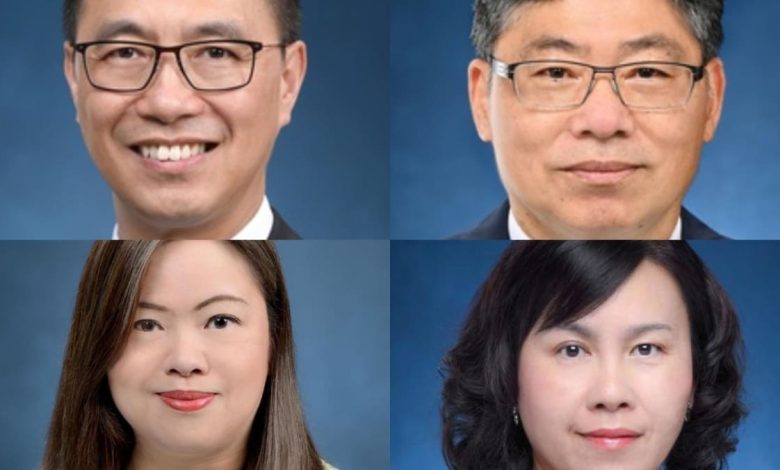Axing of two Hong Kong ministers driven by need for better tourism strategy, but challenges remain

But at the same time, Assoc Prof Wu also cautioned against reading too much into the potentially political nature of the recent dismissals, highlighting the “increasingly opaque” nature of Hong Kong’s political landscape.
“Sometimes it’s very difficult (to read),” Assoc Prof Wu said, also suggesting that political trajectories in Hong Kong were known to shift.
Dismissing and replacing cabinet members is not a new phenomenon in Hong Kong, he added.
“Replacement is not a strange thing or something that suddenly happens,” Assoc Prof Wu said, also noting that former Chief Executive Carrie Lam “did the same thing” and that these were changes that could be expected to “occur in the midterm”.
During Ms Lam’s tenure, six ministers were either removed or resigned in a major reshuffle with Ms Lam describing herself as the “chief executive who replaced the most officials”.
The Political Appointments System, introduced by former Chief Executive Tung Chee-hwa in 2002, marked a shift toward greater political accountability, as appointees were expected to shoulder responsibility for policy outcomes.
Since its inception, 14 ministers, have resigned or been dismissed.
Mr Yeung and Mr Lam are the first sackings since Mr Lee was appointed in 2022.
Assoc Prof Wu believes that their dismissals were more of a strategic and “administrative” decision.
“Fundamentally, Hong Kong is not a city-state where one person makes the final decision. There are quite a lot of actors,” he said, adding that he thought Mr Lee was being “smart in how he navigated this”.
PRIORITISING TOURISM
Hong Kong’s once-lucrative tourism sector has struggled to recover from losing visitors due to fallback from pro-democracy protests and later, the COVID-19 pandemic.
Visitor numbers reached 34 million last year, only 52 per cent of its total in 2018.
However, the city did recently manage to reclaim its spot as Asia’s top financial centre and climbed to fifth in the Global Financial Centres Index.
It also reached another significant milestone in its tourism recovery: Welcoming one million Filipino visitors for 2024.
“Tourism models have changed post-pandemic,” Mr Lam Chi-ting, Vice Chairman of the Hong Kong Federation of Trade Unions’ travel committee, told CNA. “Attracting visitors now requires new strategies, creating immense stress for those in charge.”





